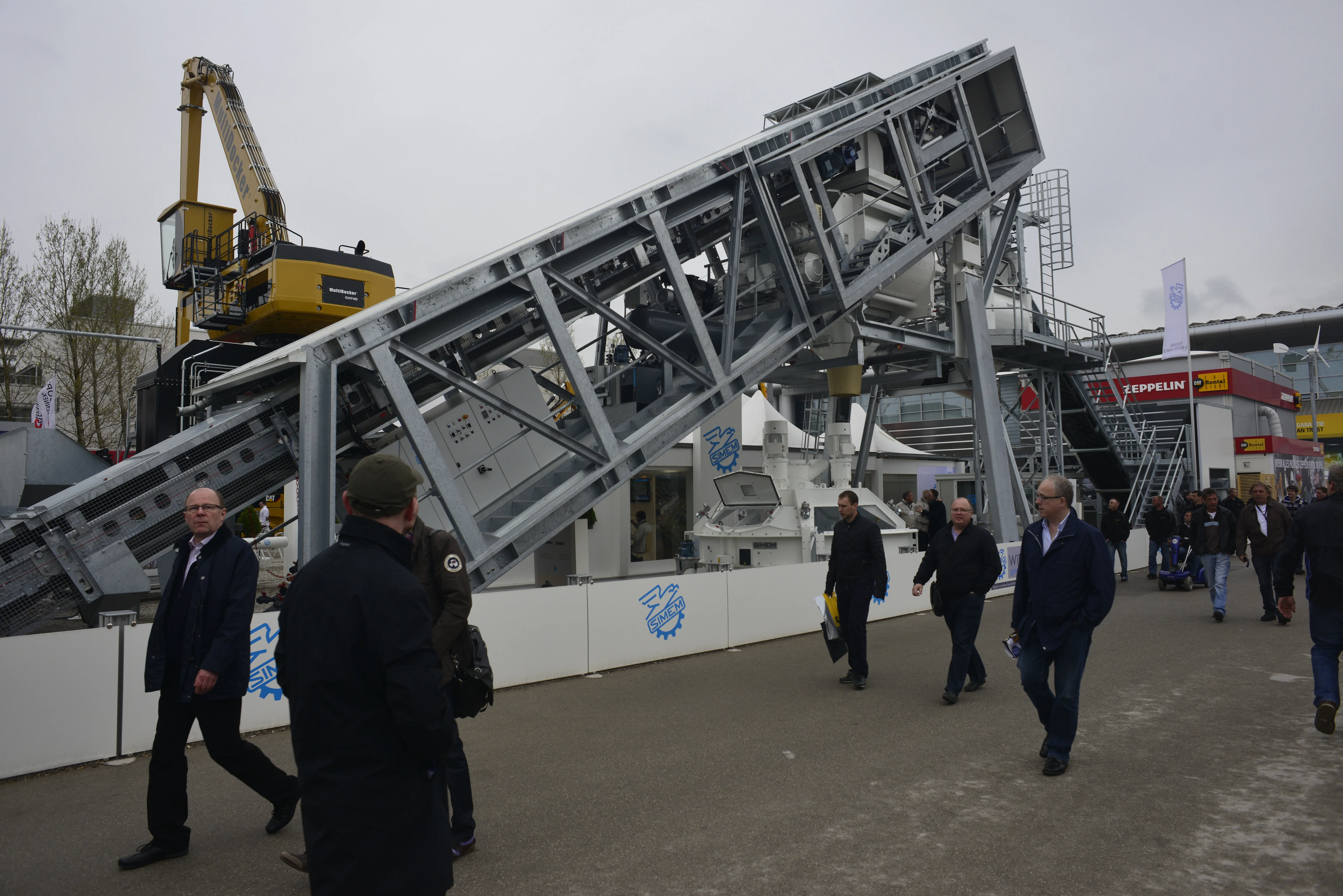
Ministerial launch marks IRF’s long-term commitment to ITS deployment and the creation of conducive policy environments for the adoption of smart technology
While sustainable mobility is recognised as one of the keys to social and economic development, our roads are becoming increasingly congested, road transport has negative environmental impacts and more and more cars need to be accommodated.For IRF, a pivotal response to this dilemma lies in the increased deployment of intelligent transport systems (ITS). These have the demonstrated ability to improve the efficiency, safety and quality of mobility.
In support of this vision,
The chair of IRF Geneva, Kiran K. Kapila, was invited to participate in the round table discussions, during which he urged the assembled ministers and senior government dignitaries to embrace “the role of technology in improving the efficiency, safety and quality of mobility and to reflect this accordingly in the design and implementation of road development programmes.”
To help guide and inform this process, the IRF Vienna Manifesto advocates six key policy recommendations for political leaders.
‘Selling’ ITS
During the Congress proper, IRF Geneva organised a prominent special interest session addressing the challenges of how to ‘sell’ ITS to politicians. The session featured leading speakers from the United Nations as well as from Mexico, Sweden and the USA, who all highlighted strategies undertaken in their respective territories to raise awareness regarding the benefits of ITS among decision makers and the public alike.The presentations sparked lively debate bringing home (inter alia) the importance of securing political figures to champion ITS deployment, and the role of the media in publicising the many positive safety, societal and environmental returns of smart technology services so that they may be better understood and adopted.
The IRF Manifesto on ITS was warmly received during the Congress and has triggered many positive international reactions. It continues to receive a growing number of endorsements from key ITS leaders worldwide.
Next Steps: The Road to Marrakech
Meanwhile, IRF Geneva’s policy committee on ITS is building on the impetus generated and has embarked on its next phase aimed at stimulating the implementation and wider deployment of the Manifesto’s recommendations, notably through a comprehensive series of workshops, seminars and other targeted initiatives.The first of these will be an exclusive dedicated workshop session on ITS Deployment in the North Africa & Mediterranean Region that has been programmed to link into the major IRF Regional Conference scheduled to take place in Marrakech, Morocco, on 19-20 March, 2013.
This will be a high-level event organised in collaboration with the
As such, it will offer a prominent and highly influential platform that is expected to attract an authoritative range of stakeholders drawn from across the region and beyond, including Governmental and inter-Governmental agencies, senior business and industry leaders, research institutions and professional associations. The ITS workshop segment will be convened on the morning of 20th March and will be co-hosted by
It will be the first in a series of regionally focused events aimed at assessing the status of ITS deployment and addressing any restraints thereto. In this respect, the Policy Committee will further define and develop a number of key performance indicators through which to monitor and gauge progress.
Already, follow up workshops are planned for Geneva, in April 2013, and an Asian venue in September.
To register for any of these events online, or for more information on the IRF Regional Conference: North Africa & Mediterranean and its dedicated workshop on ITS Deployment, visit %$Linker:
The IRF Vienna Manifesto on ITS Summary of Key Recommendations
A. Incorporate ITS in Existing Transport Policies, to acknowledge and confirm its role in achieving major transport objectives in terms of safety, sustainability and efficiency.
B. Enhance ITS Partnership and Collaboration between public, private and academic stakeholders to create a conducive environment for viable, user-oriented services and innovation.
C. Encourage Sustainable Mobility Behaviour to balance people’s growing mobility demands with the need to preserve the environment and quality of life.
D. Plan for ITS Deployment to create an unambiguous path towards safer, greener and more efficient roads, and to embed ITS as an integral part of infrastructure planning.
E. Promote ITS Harmonisation and Standardisation to enable cross-border, user friendly and high-quality services for the public, and to enable economies of scale.
F. Stimulate ITS Education to foster innovation, to enable intelligent use of transport infrastructure and services by the general public and to continue developing the industry.






